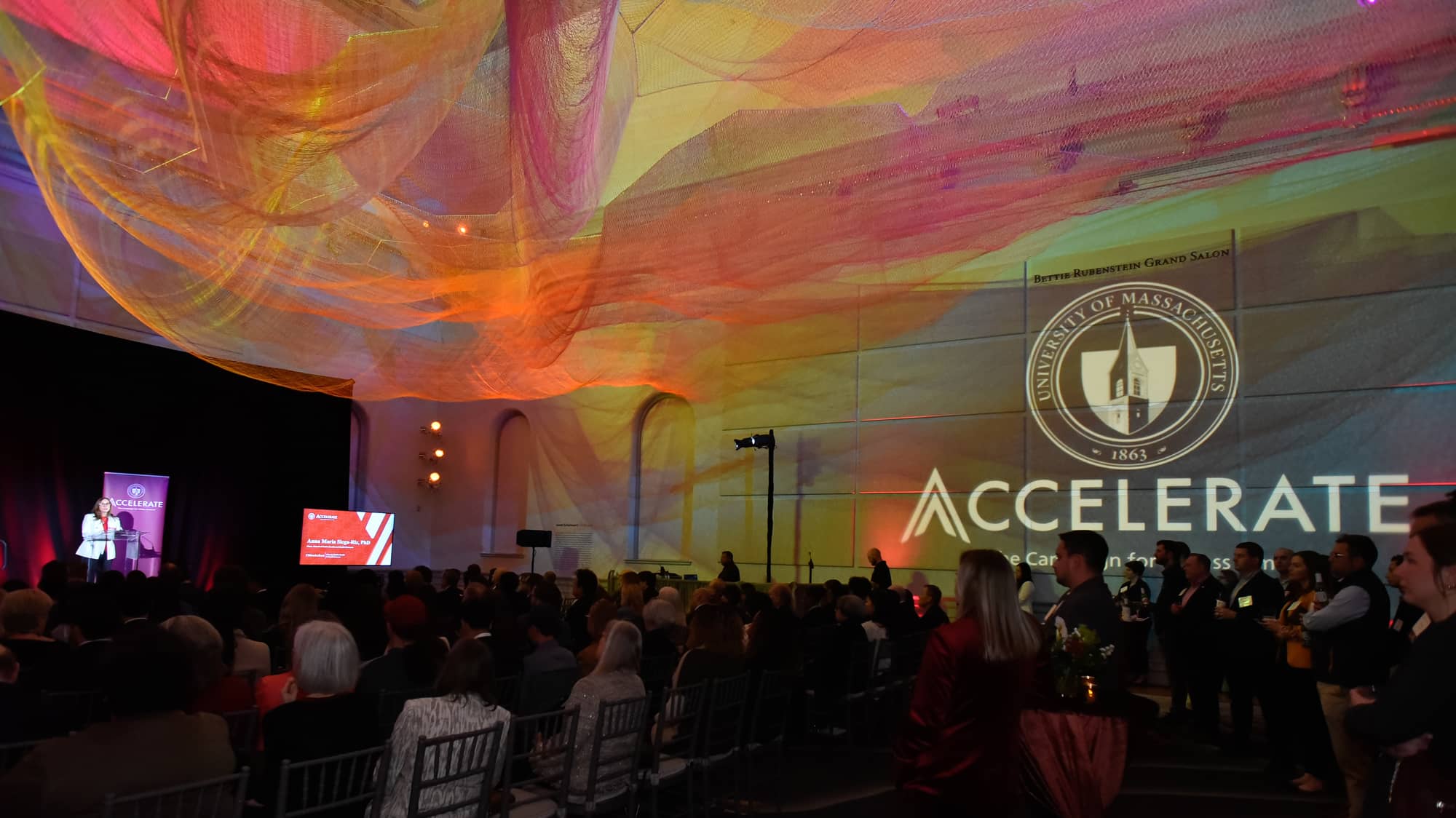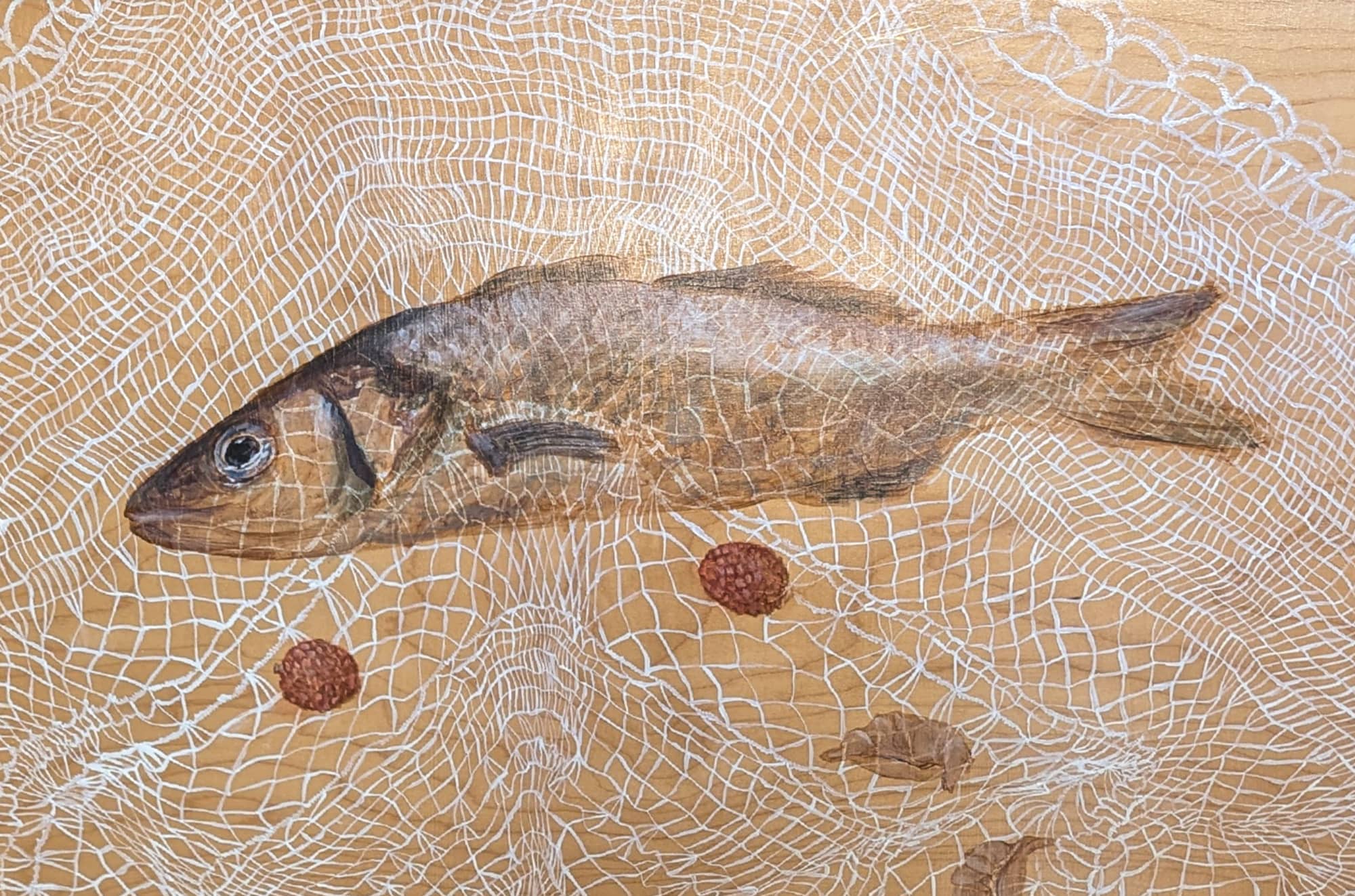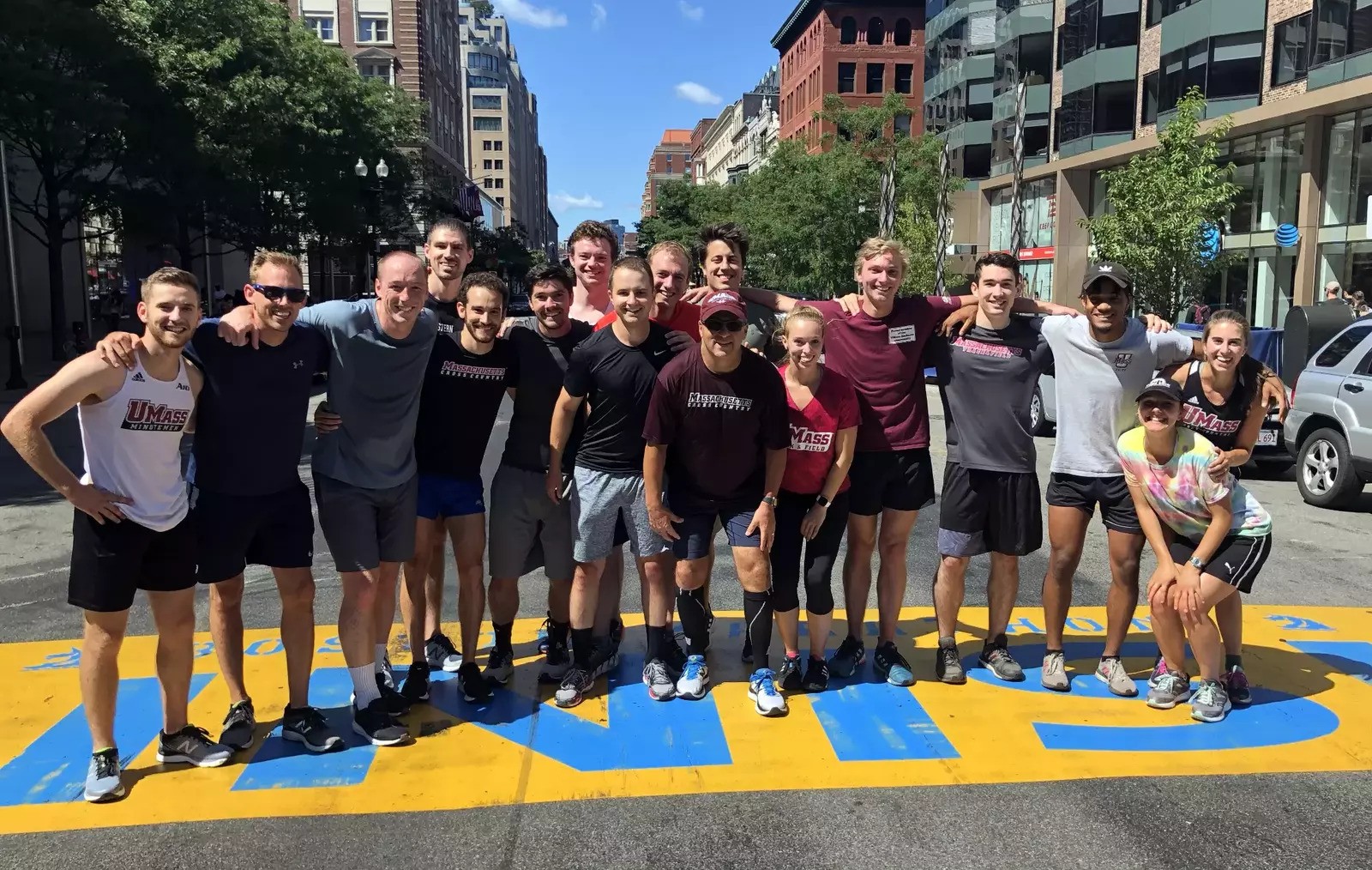College of Social and Behavioral Sciences (SBS) RISE Fellow Leandra Mageski ’26 created a podcast to help first-generation students navigate college life.
Within the UMass Amherst College of Social and Behavioral Sciences (SBS), the Remedying Inequity through Student Engagement program—also known as SBS RISE—provides critical support for underrepresented students.
Its goal is to uplift first-generation, Black, Indigenous, and other students of color, as well as those from low-income backgrounds. No application is required; eligible students become part of the community simply by pursuing a major within SBS.
Under the guidance of Director and Sociology Lecturer Felicia Griffin-Fennell, SBS RISE creates a community where students can feel seen, heard, and supported throughout their college journey.
“RISE has always been something that allows students to decide what they want to make of it,” says Griffin-Fennell.
While some students get involved in SBS RISE by attending events or making use of its resources on an as-needed basis, others are actively engaged through advisory panels, research programs, and as diversity fellows.
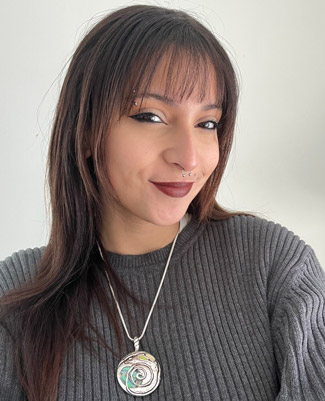
Among this year’s fellows is Leandra Mageski ’26, an evolutionary anthropology major, who was drawn to the program because of its mission.
The first in her family to attend college, Mageski wanted to use her role as a fellow to help other first-generation students successfully navigate college life at UMass.
“I really advocate for the first-generation experience, especially for families that don’t speak English,” she explains. “I think it’s important to recognize that students like us exist.”
Mageski channeled that passion into action, using her role as a diversity fellow to create a podcast called First Gen, Now This, which highlights the first-gen student experience. Working with Griffin-Fennell as her advisor, Mageski is the podcast creator, editor, host, and cover art designer.
Each episode of First Gen, Now This blends Mageski’s personal reflections with practical advice on navigating campus, finding resources, and demystifying the college experience.
“My parents are from Brazil, we’re low income, and I’m a student of color. I feel like being at a PWI [predominantly white institution], where a lot of people aren’t first-gen, it can feel very isolating,” Mageski says. “So, I want the podcast to be a space where you can find information. It’s for other first-gen students to understand you're not alone in this—there’s someone who understands and who can give you guidance.”
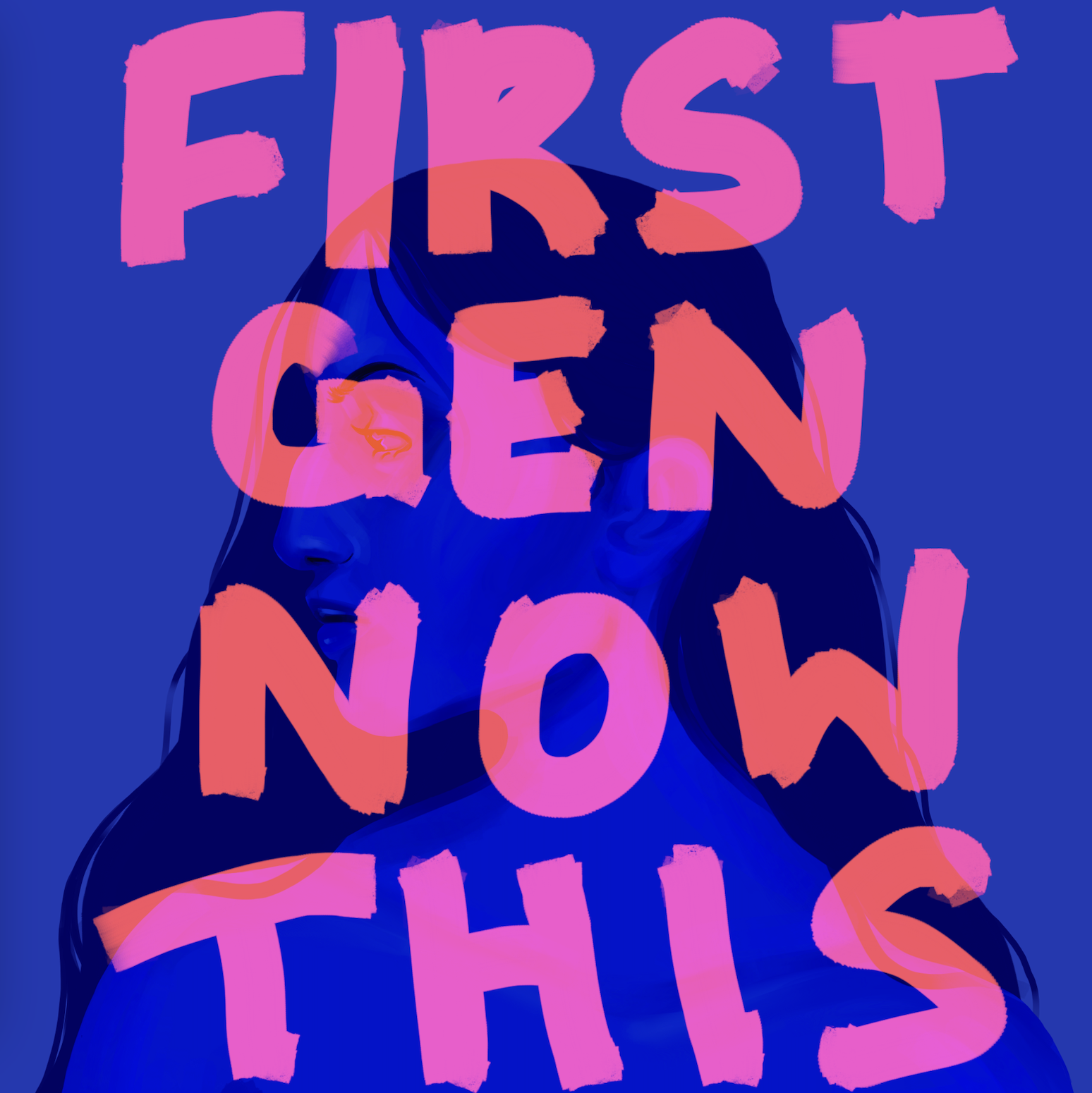
Though the podcast was created to help marginalized students feel seen and valued, Mageski says anyone can listen and learn.
“I think it can also be for anybody who doesn't know about the first-gen experience or who doesn't have think to about intersectionality,” she says. “It can be eye opening to understand that there are very fundamental differences between student experiences. I love that I can spread that message much more easily.”
For Griffen-Fennell, the podcast shows just how much Mageski has grown throughout the SBS RISE diversity fellowship.
“When I listened to that first episode, I sat in my house with tears,” she says. “The way Lea talked about the first-gen experience—especially from the beautiful complexity of intersectionality—it gave a nuanced voice that needed to be heard. It’s been incredible to see how she’s blossomed.”
Beyond the podcast, Mageski says SBS RISE has given her a feeling of belonging.
“It feels like a breath of fresh air to be surrounded by people who know exactly what you’re going through,” she says. “You don’t have to constantly explain yourself or apologize for things or feel small.”
As SBS RISE continues to evolve, Griffin-Fennell says she hopes its programs will further expand to offer students support as they transition from undergraduates to working professionals; provide even stronger career development opportunities; and ultimately find more ways to build community for all.
“It feels like a lot of things are happening in the world that go against every part of my identity and other people’s identities,” Mageski says. “RISE makes sure we know we’re here, we exist, and we’ll be heard.”
Listen to the First Gen, Now This podcast on Spotify and support the SBS RISE program.
- Revolutionize Access
- College of Social and Behavioral Sciences

